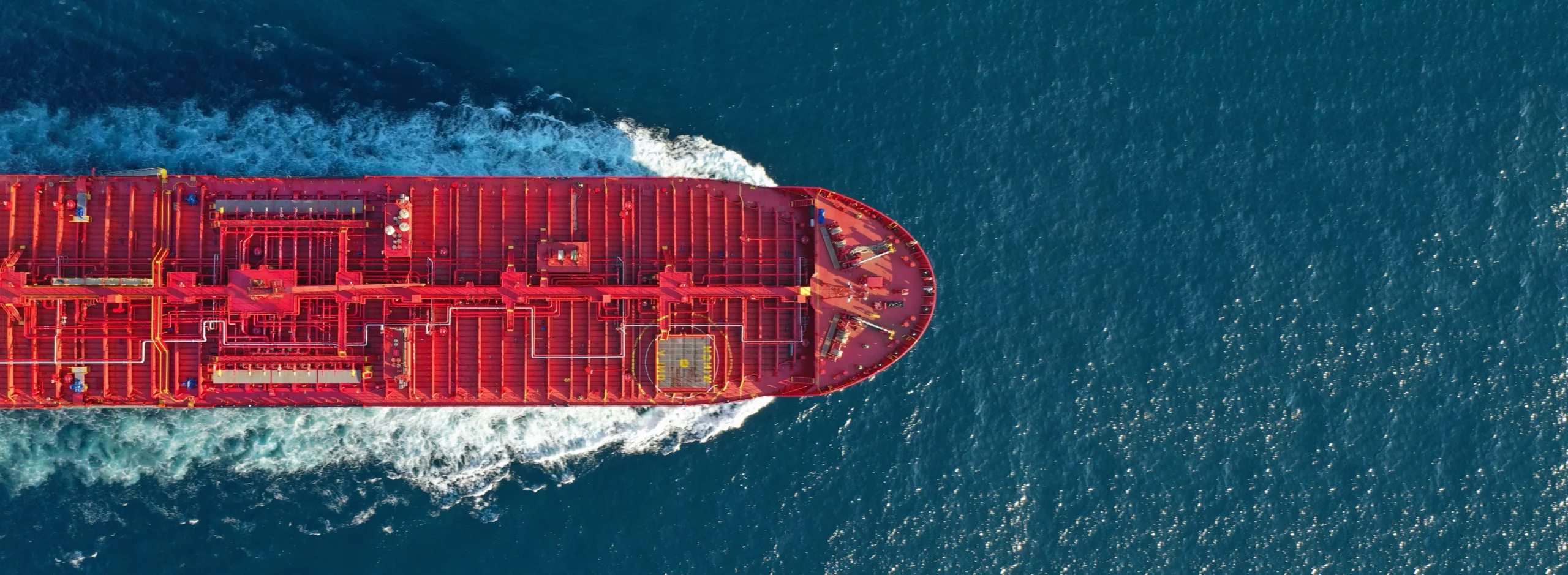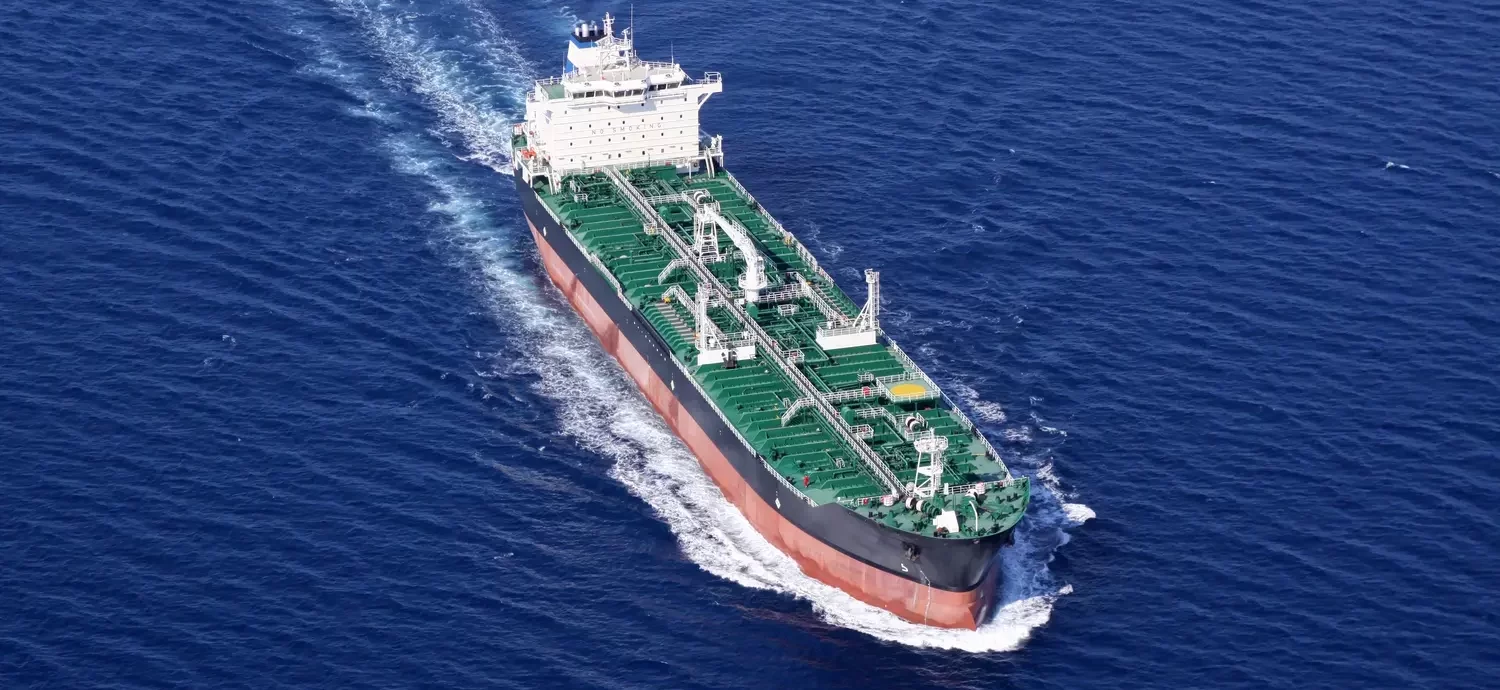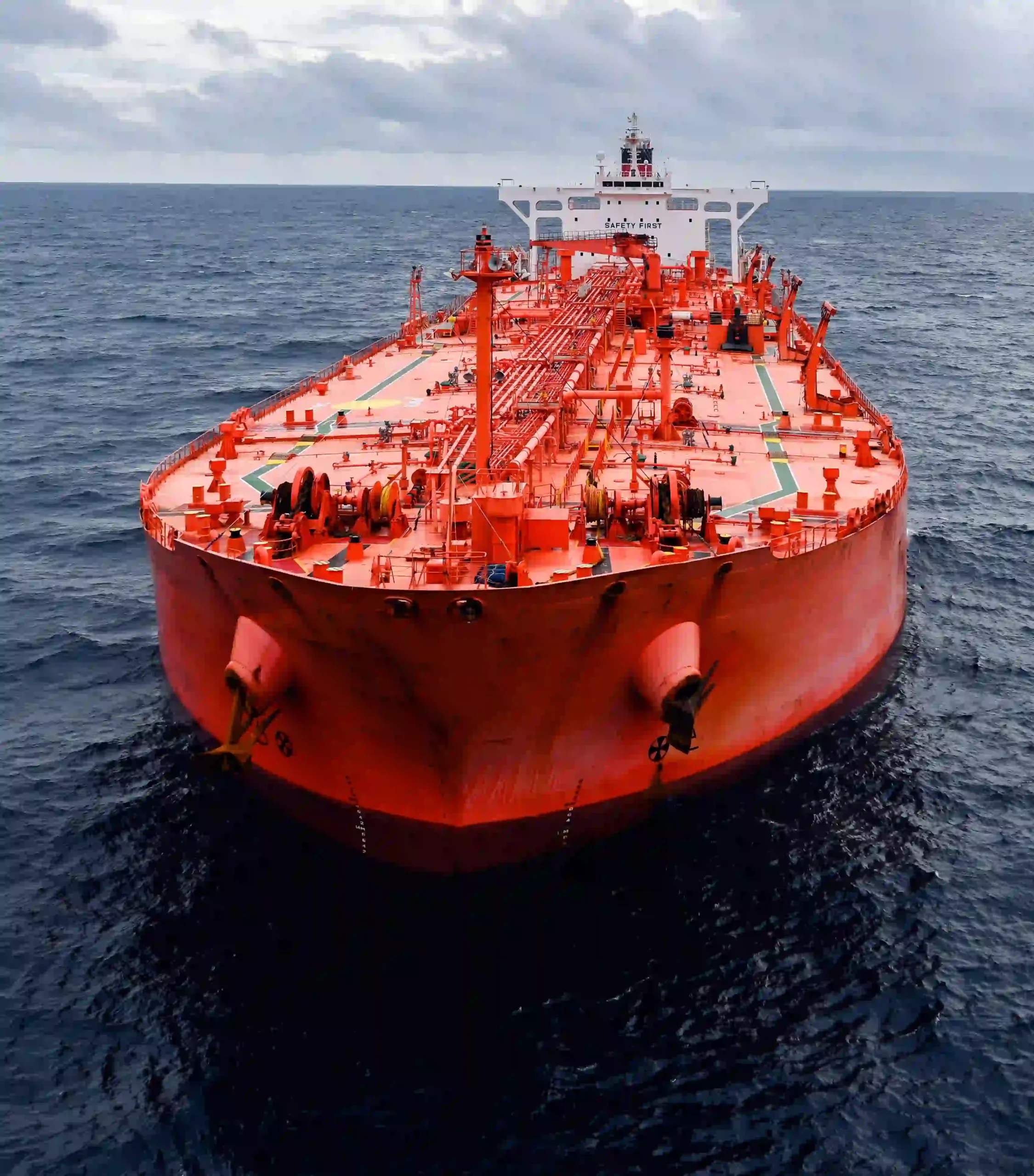
Mr. Marine offers the following services with regards to oily water separator alarm equipment:
Vessels produce mixtures of oil and water daily, which creates a necessity for onboard oily water separator systems that assure the dirty water is entirely separated from oily contaminants before it is discharged into the sea where it could potentially have a harmful impact on the ecosystem. The International Maritime Organization (IMO) regulates through the MARPOL convention the acceptable level of oil in bilge water that ships can legitimately discharge into the ocean. The maritime regulations demand the oil content in the processed water to be less than 15 Parts Per Million (15 PPM).
Thus, it is a mandatory requirement for all vessels to have oil discharge monitoring and control systems as well as proper oil filtering equipment known as Oily Water Separators (OWS). These systems are designed to remove oil from wastewater.
As part of the system that separates oil from water, the 15 PPM bilge alarming monitor is an important component that works in conjunction with the 15PPM oily water separator itself. Its purpose is to attract the attention of the crew in case proper filtration is not achieved, ensuring waste water is safe for disposal.
Mr. Marine makes sure your vessel is compliant by providing you with 15 PPM bilge alarms that are precise and greatly dependable.
Most marine oil water separator systems employ gravity-based separation techniques, coalescence and filters to remove oil and solid particles from water. The process typically involves multiple stages, including pre-treatment, oil separation and polishing stages to achieve the desired level of purification. A typical marine oil water separator system consists of several key components.
These may include a feed pump to transfer the oily water, a pre-treatment stage to remove larger solid particles and debris, an oil-water separation chamber where the oil is separated from the water, coalescing media or plates to enhance the separation process and a polishing stage to further refine the treated water. Once the oil is separated from the water, it is collected and stored for proper disposal or recycling. This process ensures the removal of free oil, emulsified oil, and other contaminants from the wastewater. Additionally, an oil skimmer may be used to separate oil droplets from the surface.
There are three main categories of oil-water separators available: vertical gravity, coalescing plate, and hydrocyclone. Coalescing plate separators are designed to reduce the oil content in water to approximately 10 ppm.
Hydrocyclone separators, on the other hand, aim to treat water to around 5 ppm oil content. Lastly, vertical gravity separators are capable of reducing the oil content in water to about 50 ppm. Moreover, oily-water separators are recommended to be used for compressed air systems present on the ship. For instance, air compressors in the engine room produce condensate which might be contaminated with oil as a byproduct. Having an external oil-water separator is essential for taking care of the compressed air systems on the vessel and following environmental rules for disposing of compressed air condensate properly.


Before installation, our specialists will ensure to correctly plan and prepare for the process. They will determine the appropriate location for mounting the alarm sensors within the oily-water separator. Factors such as accessibility, visibility and proximity to critical areas will be considered in order to guarantee the optimal framework has been chosen.
Typically, sensors are positioned at key points where oil or water levels need to be monitored. These locations may include the oil collection chamber, water outlet, or other critical areas. Additionally, Mr. Marine Instruments & Controls will establish proper electrical connections for the alarm system, which includes connecting the sensors to the alarm control panel or interface unit. Then, the alarm instrumentation will be integrated into the control system of the bilge water separator in case one is present.
Once the physical installation is complete, our expert technicians will perform initial tests to verify the proper functioning of the alarm system. Testing each sensor individually to ensure they are detecting the desired parameters accurately is paramount. Moreover, they will configure the alarm system settings according to the operational requirements, such as threshold levels for oil content or water levels that trigger alarms During the commissioning phase, Mr. Marine Instruments & Controls will validate the alarm system’s performance by conducting comprehensive tests. Various abnormal conditions or scenarios will be simulated to ensure the alarms respond correctly.
Calibration typically involves comparing the readings of the oil-water separator alarms to known standards or reference devices. Our team also intervenes in this phase to guarantee the alarm system is optimized. The process itself involves adjusting the alarms to align their readings with calibration standards. Ideally, alarms of oily water separators should be calibrated annually at the least to prevent any malfunctions or flaws that might occur.
Through the certification process, Mr. Marine Instruments & Controls will assure the alarms meet industry standards and regulatory requirements. Our technicians have the expertise to evaluate and certify the compliance of oil-water separator alarms.
They conduct thorough assessments, review documentation, perform on-site inspections and issue the necessary certificates or compliance reports. We advise our clients to keep all certification documentation, including certificates, compliance reports, and related correspondence, as these documents provide evidence of compliance with industry standards and regulatory requirements. They may be requested during audits, inspections, or vessel surveys. Our experts possess the utmost competence to calibrate and certificate alarm instruments crafted by reputable and reliable manufacturers, including Rivertrace, Deckma, SkimOIL, Afriso, Jowa, and Labkotec.
Amongst the services provided by Mr. Marine Instruments & Controls, we offer repairing, servicing and maintenance of bilge water separator alarms, as these actions are essential to guarantee their optimal performance, reliability and longevity. If requested, we are able to conduct regular inspections to identify any signs of wear, damage or malfunction of the alarms. Furthermore, functional testing can be performed to determine whether all alarms are operating properly. If any unexpected failures happen to the equipment, we are prompt in our ability to repair or replace faulty components. Our team can also ensure the alarm system software is kept up to date to enhance functionality and improve the performance and compatibility. Additionally, our specialists are perfectly capable of setting up oily-water separator alarm equipment manufactured by trustworthy and dependable makers, such as Rivertrace, Deckma, SkimOIL, Afriso and Labkotec.
Our product range includes respectable and dependable brands such as Rivertrace Engineering and Deckma. Visit our product page for more information regarding our offer or for spare parts which can be used for replacing, servicing and repairing defective units.
Our team is at your disposal 24/7, 365 days a year.
This site is protected by reCAPTCHA and the Google Privacy Policy and Terms of Service apply.